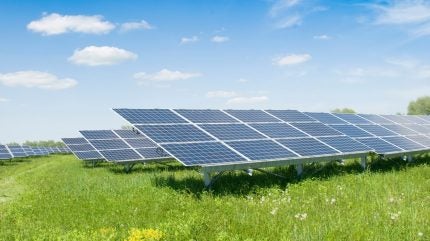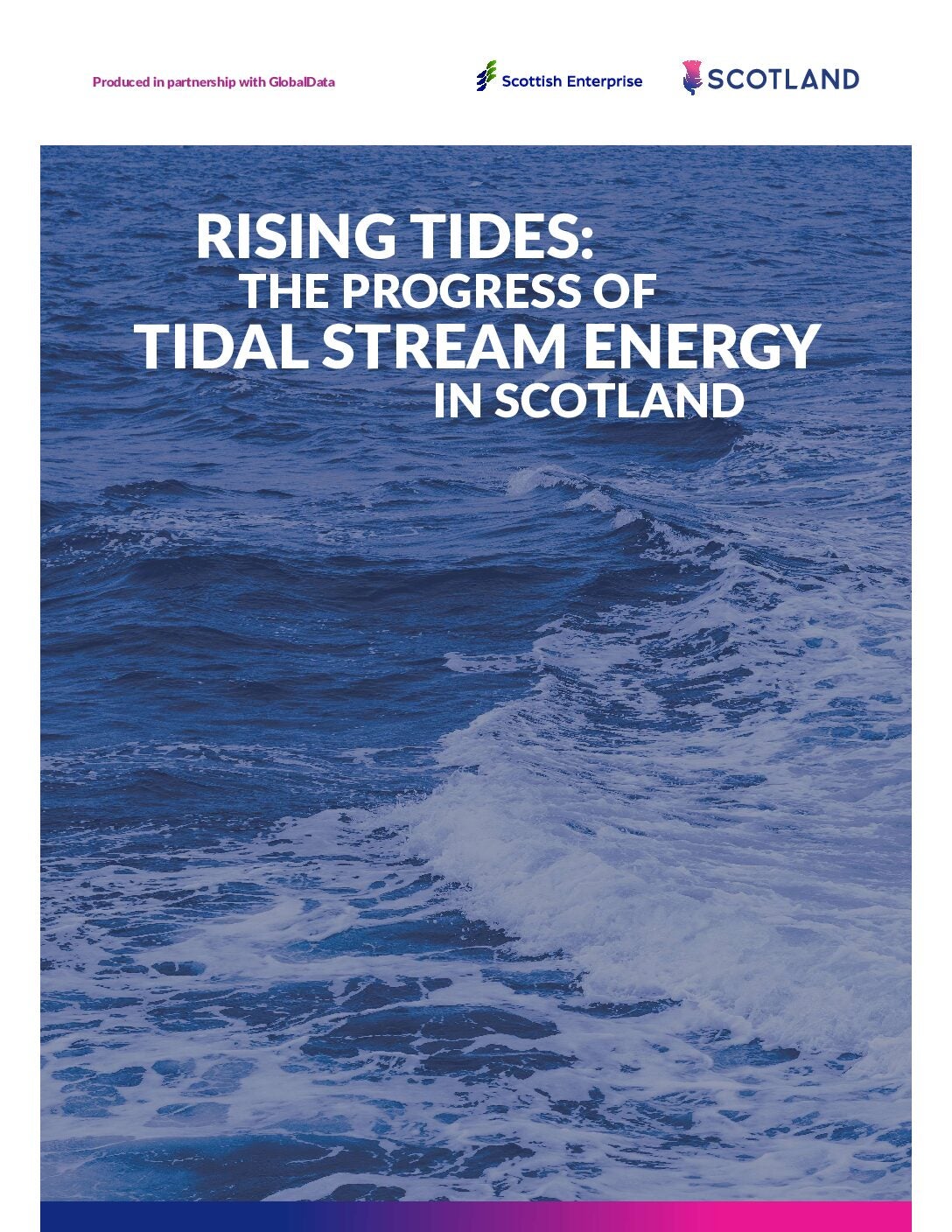
Masdar, Gentari, Sembcorp, PSP Investments and Brookfield are in advanced discussions to acquire a majority stake in Ayana Renewable Power, the Economic Times has reported.
The sale of a majority stake is expected to value the Indian power company’s equity at $1bn, with an enterprise value, including debt, of $2.5bn–$3bn.
Non-binding bids will be submitted by the middle of April 2024.
India’s National Investment and Infrastructure Fund (NIIF) is Ayana’s principal shareholder with a 51% interest. British International Investment (formerly the CDC Group) has a 32% stake and the Green Growth Equity Fund managed by Eversource Capital holds the remaining 17%.
These investors have collectively infused $721m (£551m) into the company.
Ayana was established in 2018 and is headquartered in Bengaluru, India. The company specialises in developing large-scale solar, wind and hybrid renewable energy projects across the country.
Representatives from Masdar and Brookfield declined to make a statement on the discussions, and emails sent to Sembcorp, Gentari, PSP Investments and the NIIF did not receive a response.
Ayana’s project pipeline includes 4GW of solar, wind and hybrid power projects with an existing operational capacity of 1.3GW in Andhra Pradesh, Karnataka and Rajasthan.
The company’s investors are considering the sale of a portion of their holdings to raise $800m to fund further expansion.
Ayana has augmented its portfolio with assets from First Solar Group, Renew Group, ACME Group, Phelan Group and Rays Power Group.
As of November 2023, the company operated a renewable energy portfolio of 1.3GW and has an additional 3GW under construction, including solar, wind, hybrid and round-the-clock assets.
This operational capacity is backed by long-term power purchase agreements at fixed tariffs, ensuring revenue stability and reducing the risk of off-take.
The operational portfolio has demonstrated a weighted average performance of 42 months, aligning with the projected energy output.
United Arab Emirates (UAE)-based Masdar, also known as the Abu Dhabi Future Energy Company and a subsidiary of the UAE Government’s Mubadala Investment Company, had a stake in India’s green energy sector through a 20% investment in Hero Future Energies, which it exited following KKR’s investment in the company.
Gentari, a renewable energy division of Malaysia’s Petronas, has been expanding its footprint there, including a $2bn (RM9.47bn) commitment to AM Green for green ammonia production, in partnership with Singapore’s sovereign wealth fund GIC and Greenko Energy.
Singapore-based Sembcorp also has a significant presence in India’s renewable sector, with a gross installed capacity of 4.2GW in wind and solar assets.
In October 2023, Masdar signed a memorandum of understanding with the Malaysian Investment Development Authority to invest $8bn in 10GW of renewable energy projects in Malaysia.




